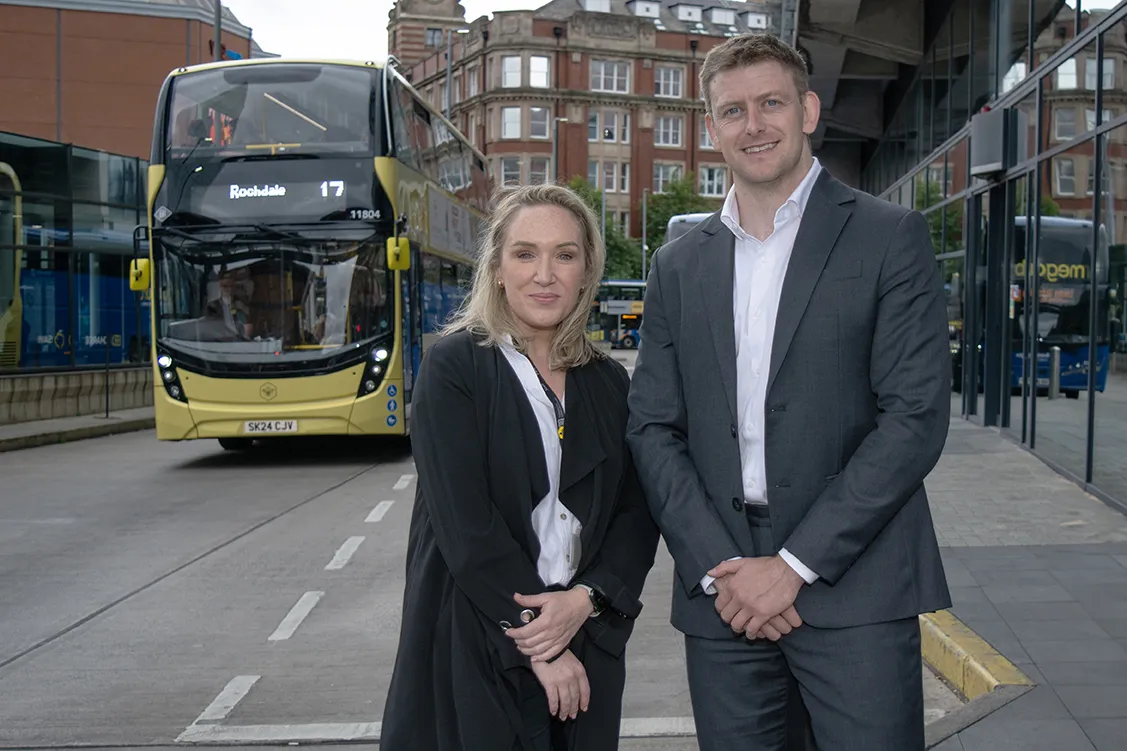
The Greater Manchester region in north-west England will trial Acusensus camera technology that detects distracted drivers - those using phones, as well as those not wearing a seatbelt.
The Heads Up tech captures footage of passing vehicles before the images are processed using artificial intelligence (AI) to detect potential offending drivers. Footage deemed to contain evidence of an offence is sent for a secondary (human) check to confirm that an offence has occurred.
If an image shows that no offence has been committed, it is deleted immediately by the software and no further action will be taken.
Heads Up, which can be mounted to a vehicle or a trailer, will soon be deployed at several locations across Greater Manchester.
This trial will be used by Safer Roads Greater Manchester as a traffic survey so the agency can understand how many drivers choose to break the law. This will be used to refine future road safety campaigns that aim to improve compliance of mobile phone and seat belt use by drivers.
Research shows that you are four times more likely to be in a crash if you use your phone while driving and twice as likely to die in a crash if you don’t wear a seat belt. Peter Boulton, Transport for Greater Manchester’s network director for highways, said distractions and not wearing seat belts are key factors in a number of road traffic collisions in the region.
Between 2014 and 2023 there were 138 people killed or seriously injured following road traffic collisions in Greater Manchester where driver distraction was a contributing factor. Of those deaths, 23 were where the driver was using a mobile phone.
“By using this state-of-the-art technology provided by Acusensus, we hope to gain a better understanding of how many drivers break the law in this way, while also helping reduce dangerous driving practices and make our roads safer for everyone,” said Boulton.
Geoff Collins, general manager at Acusensus, says: “The vast majority of drivers set out to be safe on every journey, but bad habits can creep in, resulting in a safety risk for everyone. This approach is the first step in encouraging better behaviour, ensuring safety for all road users.”
Earlier this year Safer Roads Greater Manchester launched the Touch.Screen campaign to raise awareness of the dangers of drivers becoming distracted while using a mobile phone.
Touch.Screen was supported by the husband of a woman who - along with their unborn child - died after a driver was filming himself reaching 123mph (nearly 200kph) on the M66 motorway and crashed into her car which was stopped on the hard shoulder.










